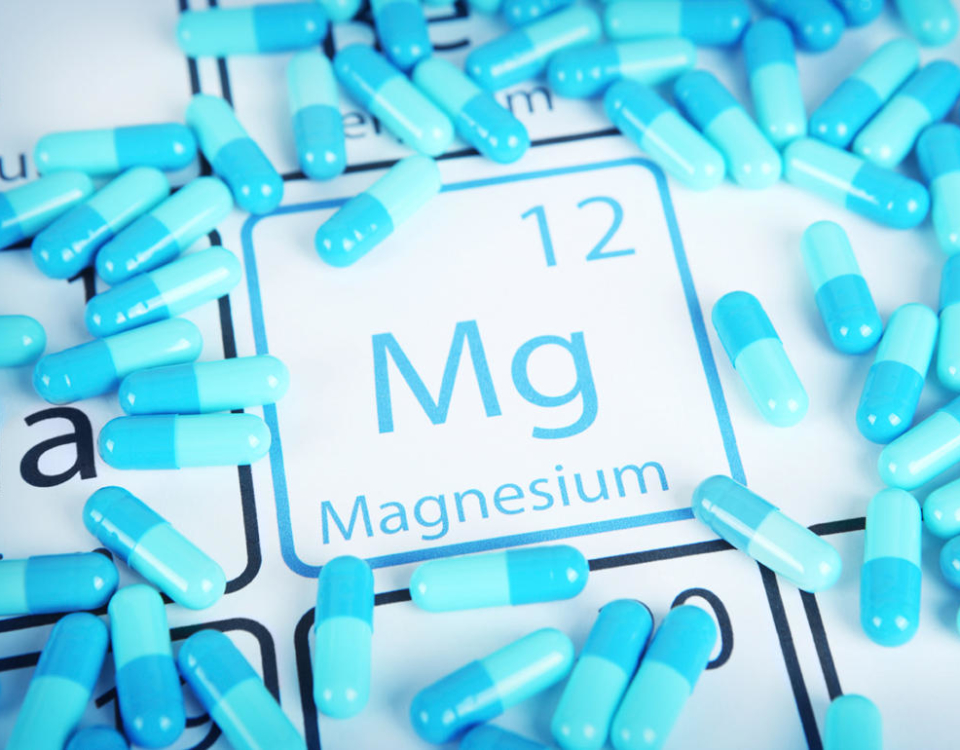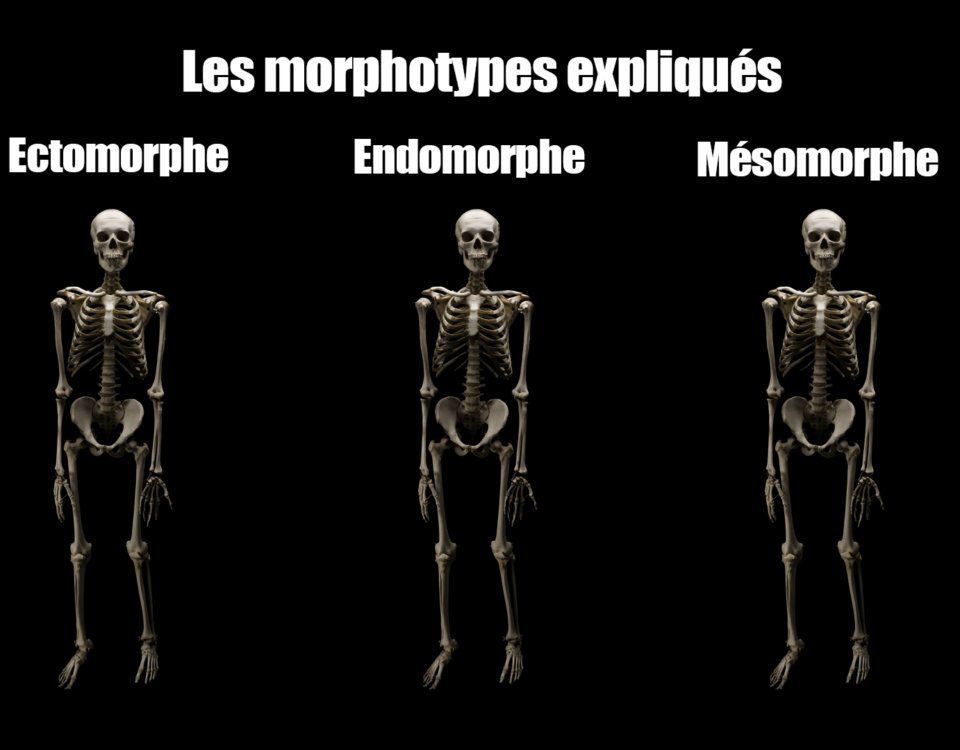
Testosterone successful injection
2 August 2016
What is Human Chorionic Gonadotropin (hCG)?
31 August 2016
Testosterone in women
The importance of testosterone in women
Testosterone is a male hormone that increases muscle, hair and virility.
Though estrogens and progesterone are the dominant hormones in the female body, it is also important for women to monitor testosterone levels. It helps protect the brain, heart, bones and muscles, and is the main sex drive hormone.
Most testosterone in women is produced by the ovaries, but it is also produced directly in the tissues in which it is used. This is called peripheral conversion. A woman produces 60% of the amount of testosterone a man produces. This production stops naturally in menopause, which causes problems for many women.

Effects of low testosterone in women
Menopause is just one factor related to stopped testosterone production in women. In other cases, it is accompanied by lower capacities for memory and learning. This is one of the most distinctive signs of a lack of testosterone in women. Sometimes in extreme cases, there is even dementia with a loss of spatial awareness.
The lack of testosterone causes weight gain by pushing the body to accumulate bad cholesterol. Women often gain fat around their hips and belly.

Osteoporosis is another undesirable side effect of low testosterone in women. Hip, wrist, spine and femur fractures are common, caused by bone decalcification.
Finally, a postmenopausal woman with low testosterone may be excessively emotional or even hysterical. They may experience almost permanent fatigue and have difficulty approaching even small problems calmly.
Addressing low testosterone in women
It is especially important for women to lose weight to remedy low testosterone levels. Sugars and sweeteners must be avoided. Remove refined foods as well as white flour from your diet and replace them with fresh fruits and vegetables with raw fats. Engage in short, intensive exercise and be careful not to exert too much effort over an extended length of time. Take dietary supplements specifically for testosterone like Scots pine pollen. There are a whole host of ways to boost testosterone levels.
Lastly, DHEA offers an alternative to testosterone. This molecule has proved to carry many benefits when used as a testosterone palliative. It is already safe for women, and improving it with a hormone like testosterone increases its effectiveness.
Conclusion
Testosterone remains a fundamental hormone in the human body, influencing a large part of an individual’s physical and mental health. Therefore it is important for women and men to know how to protect themselves from low testosterone levels and stay up to date on the best way to keep it at the ideal level for maintaining good health and delaying the negative effects of old age.



